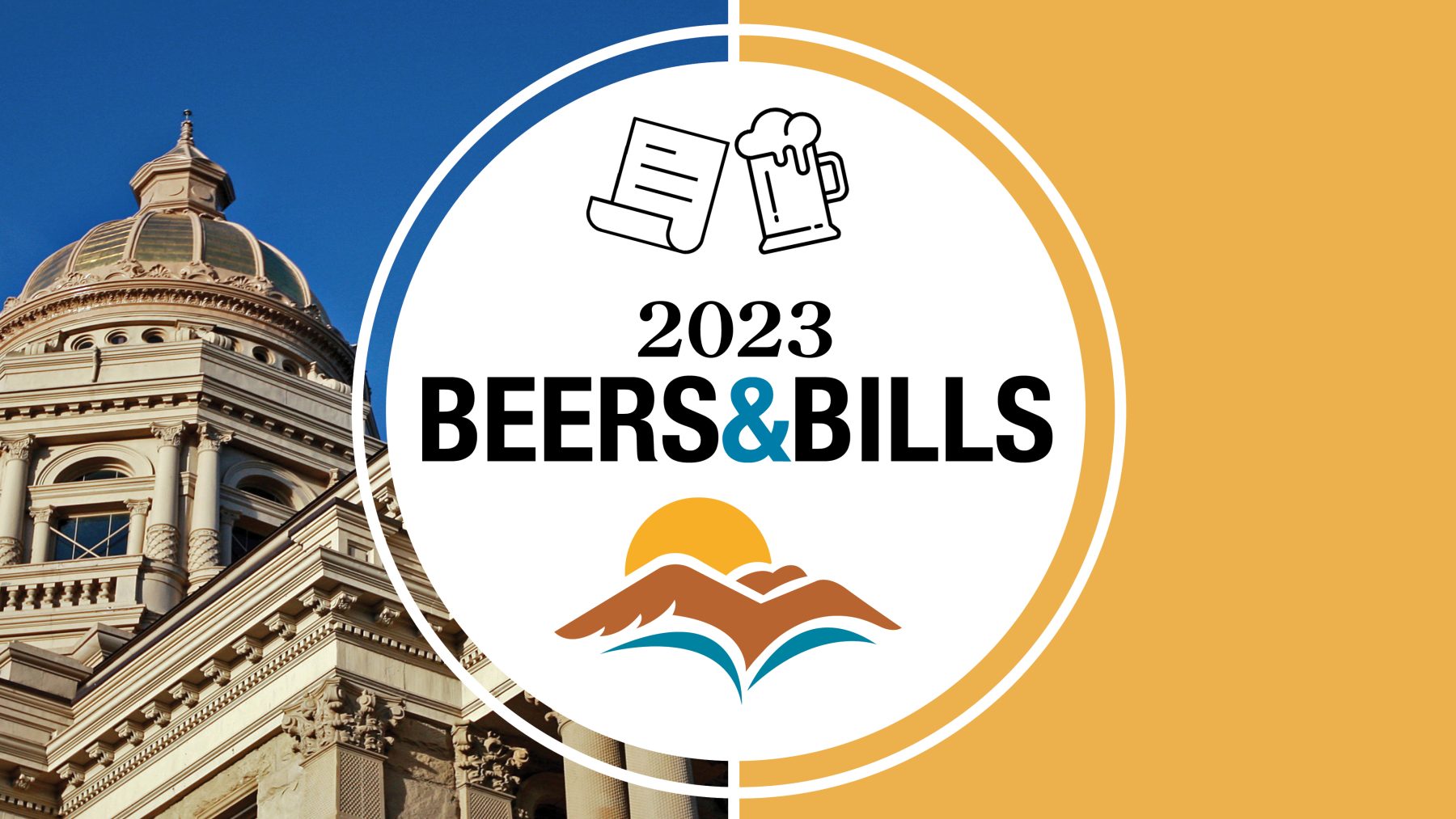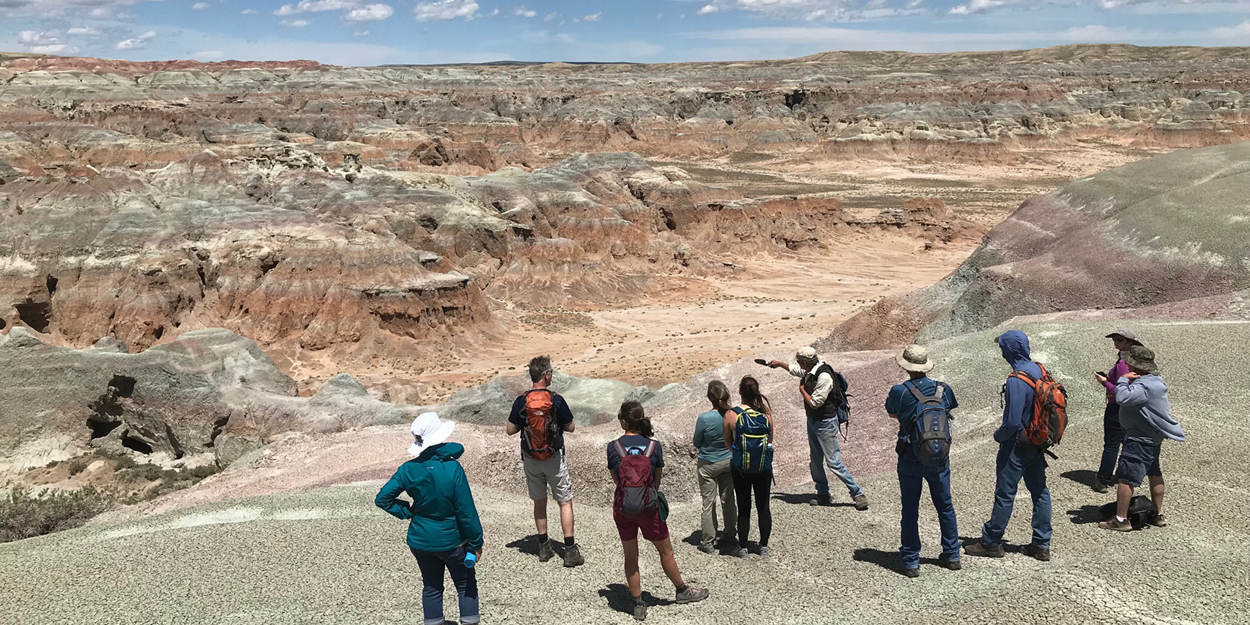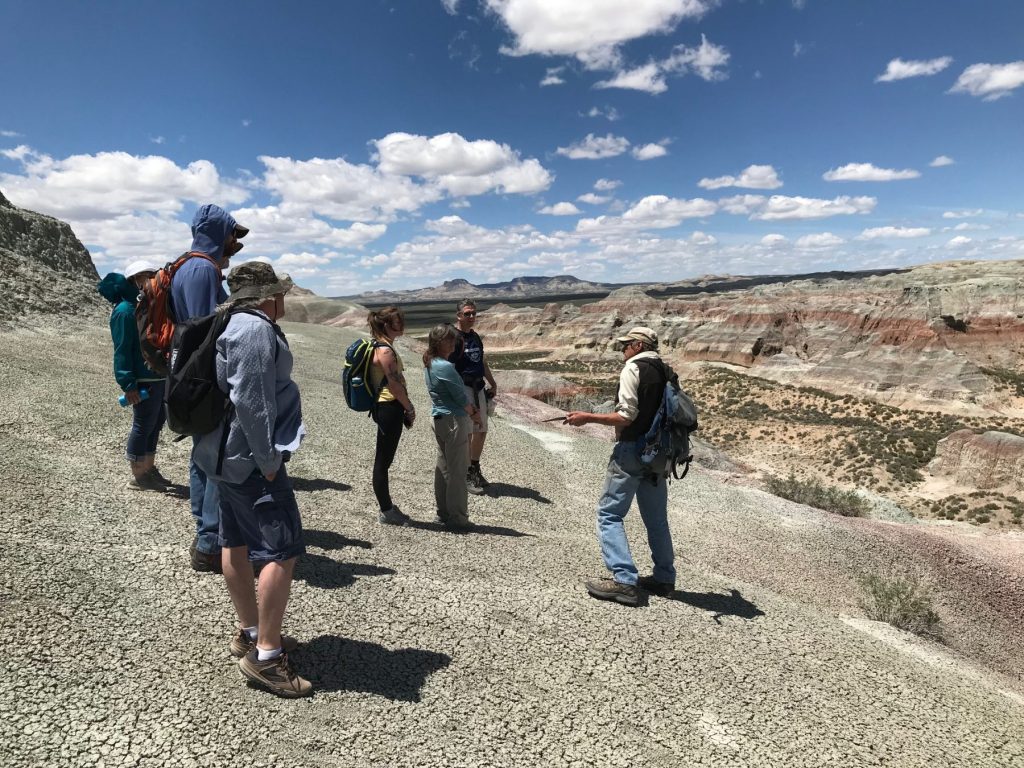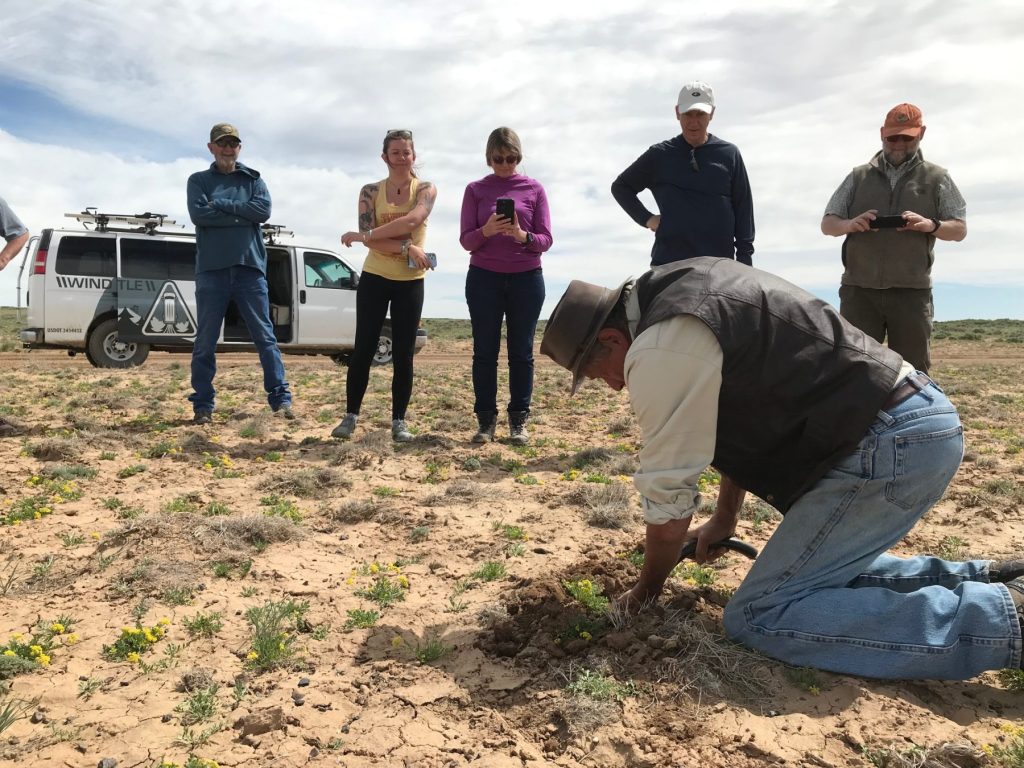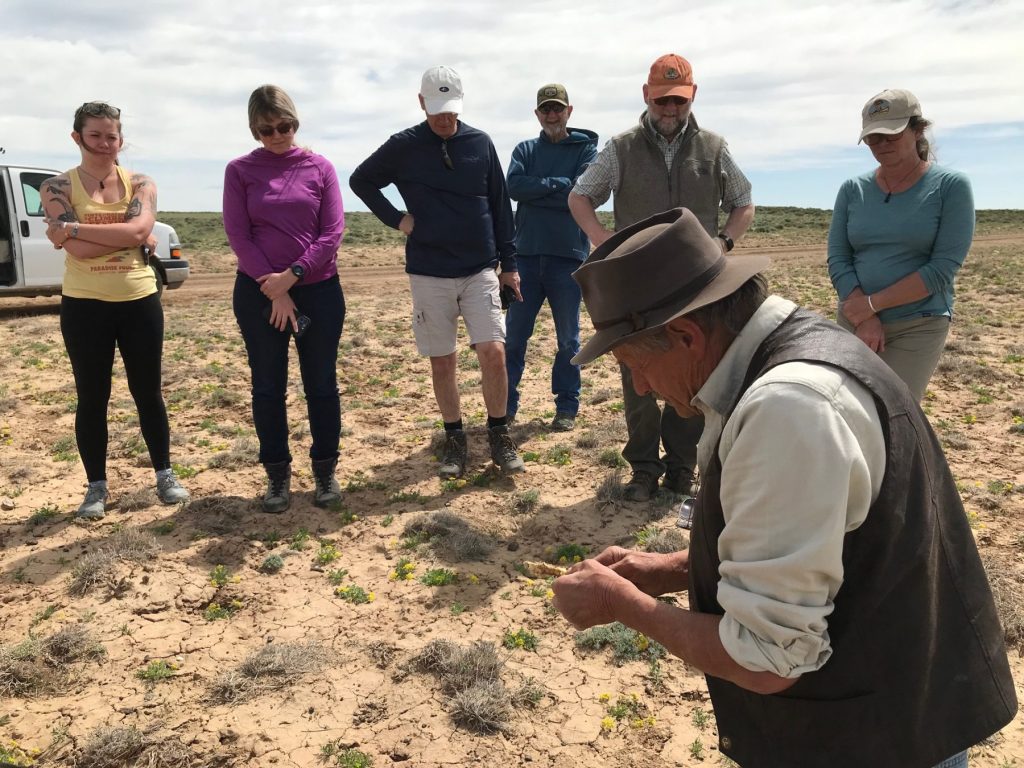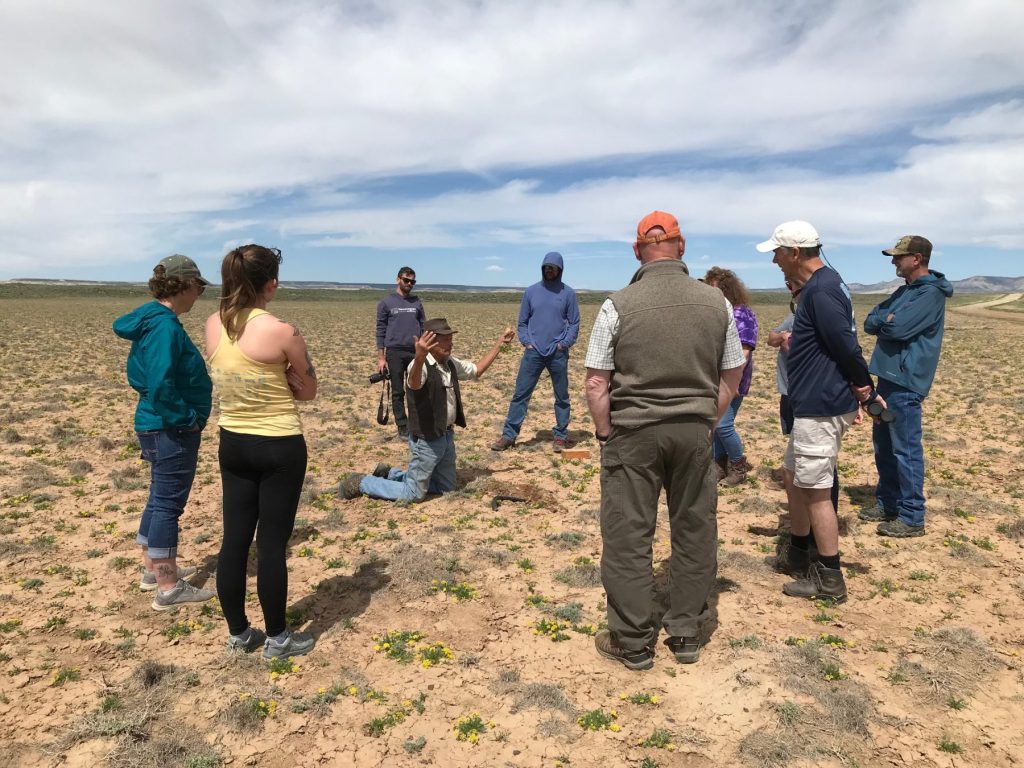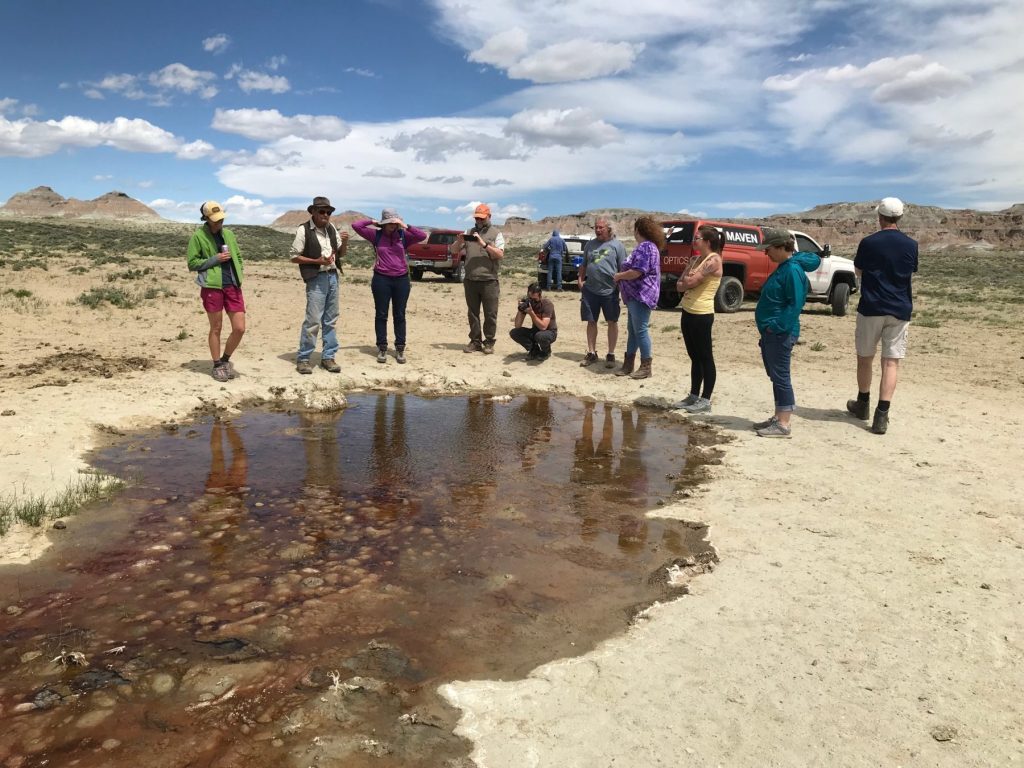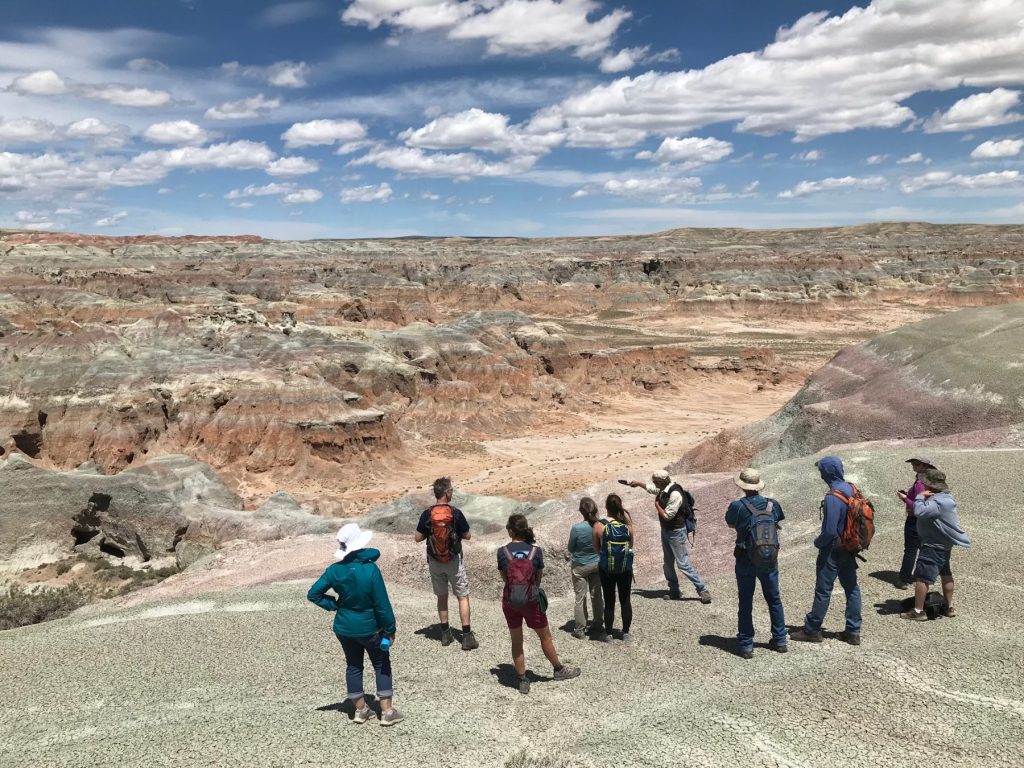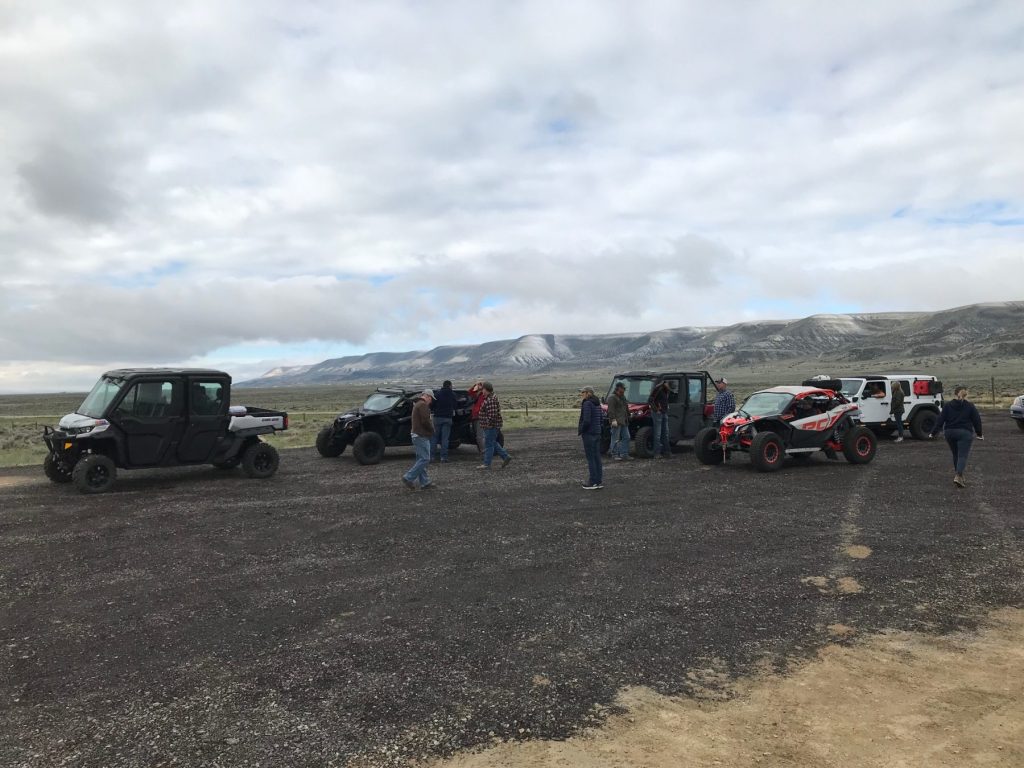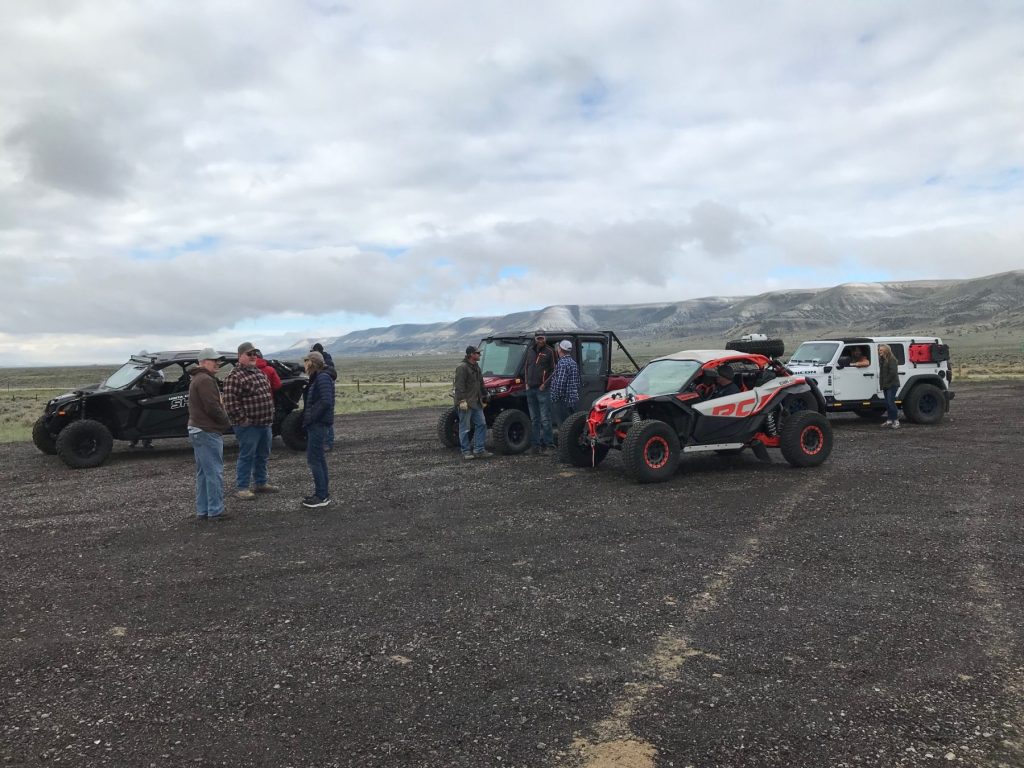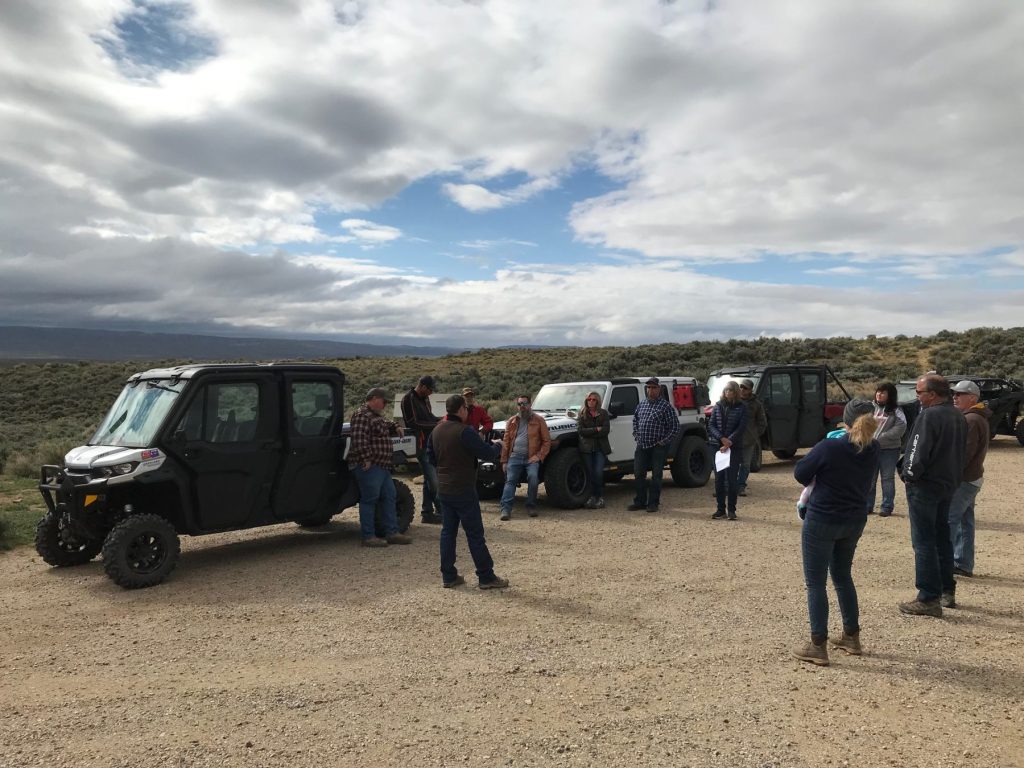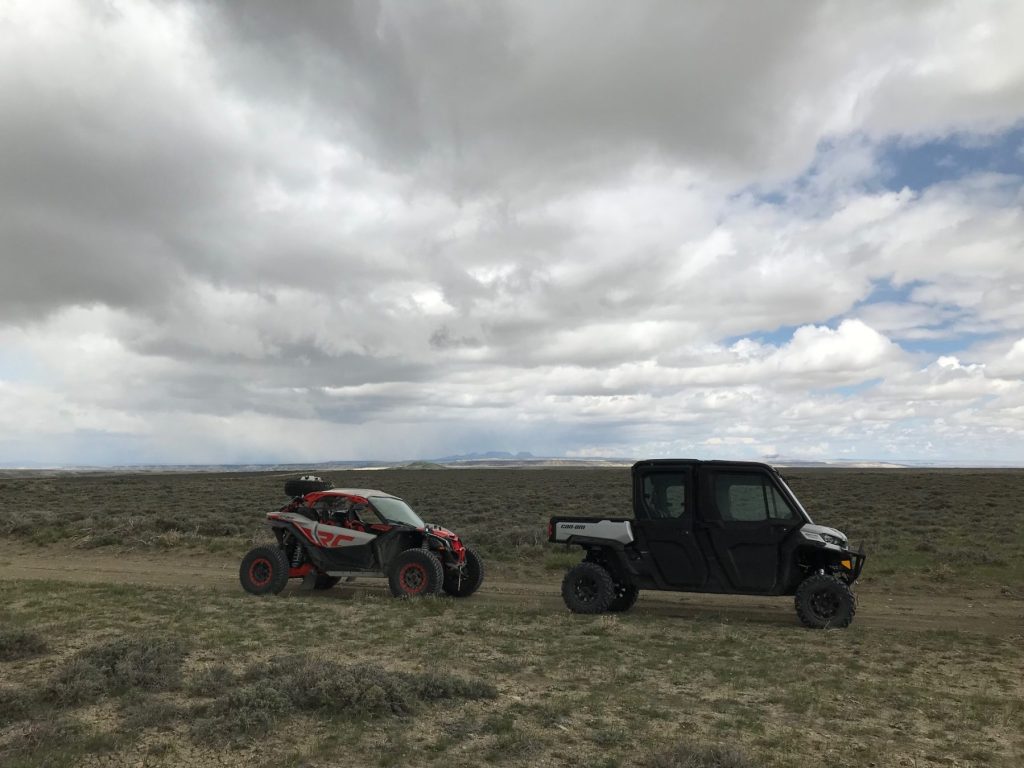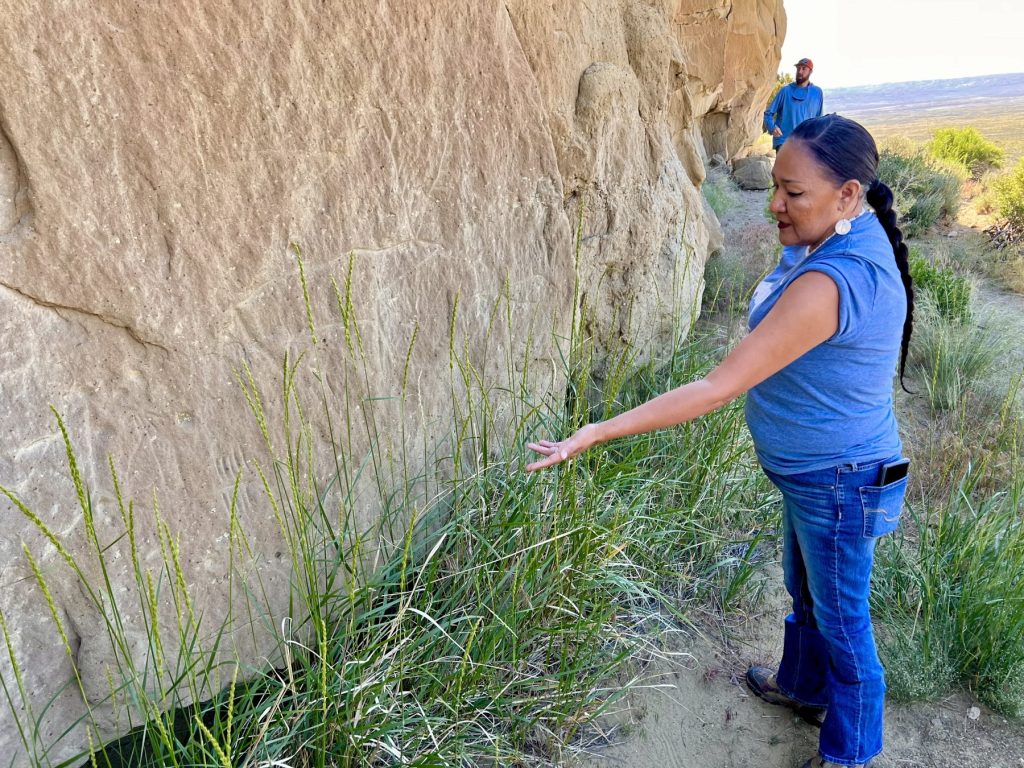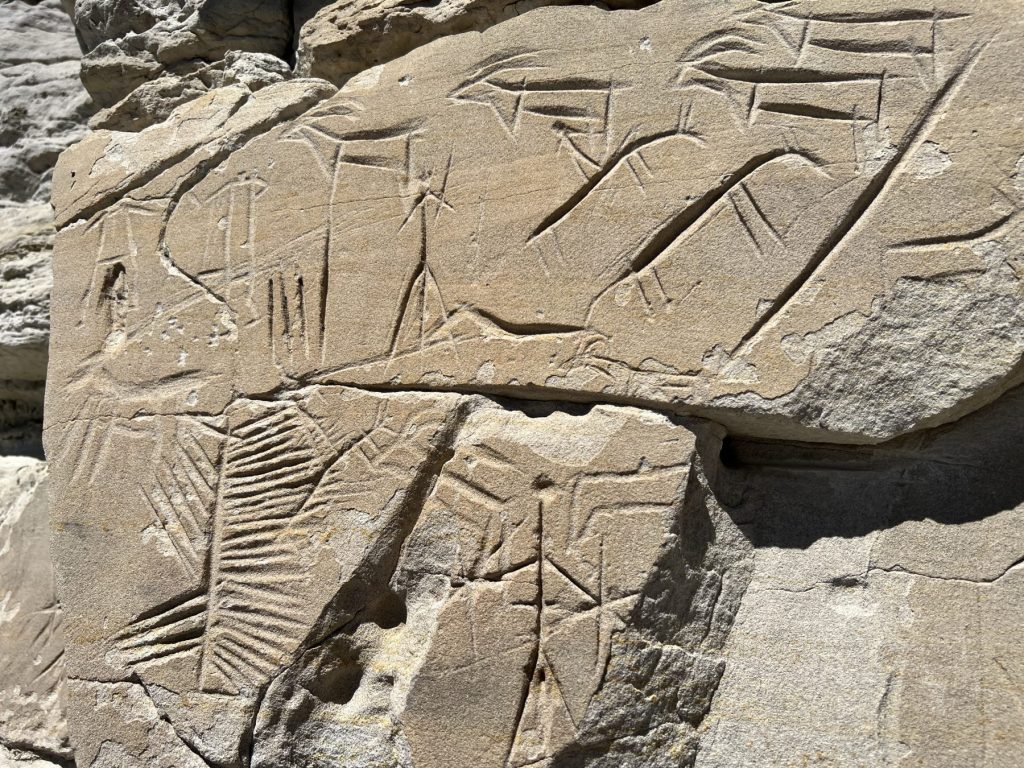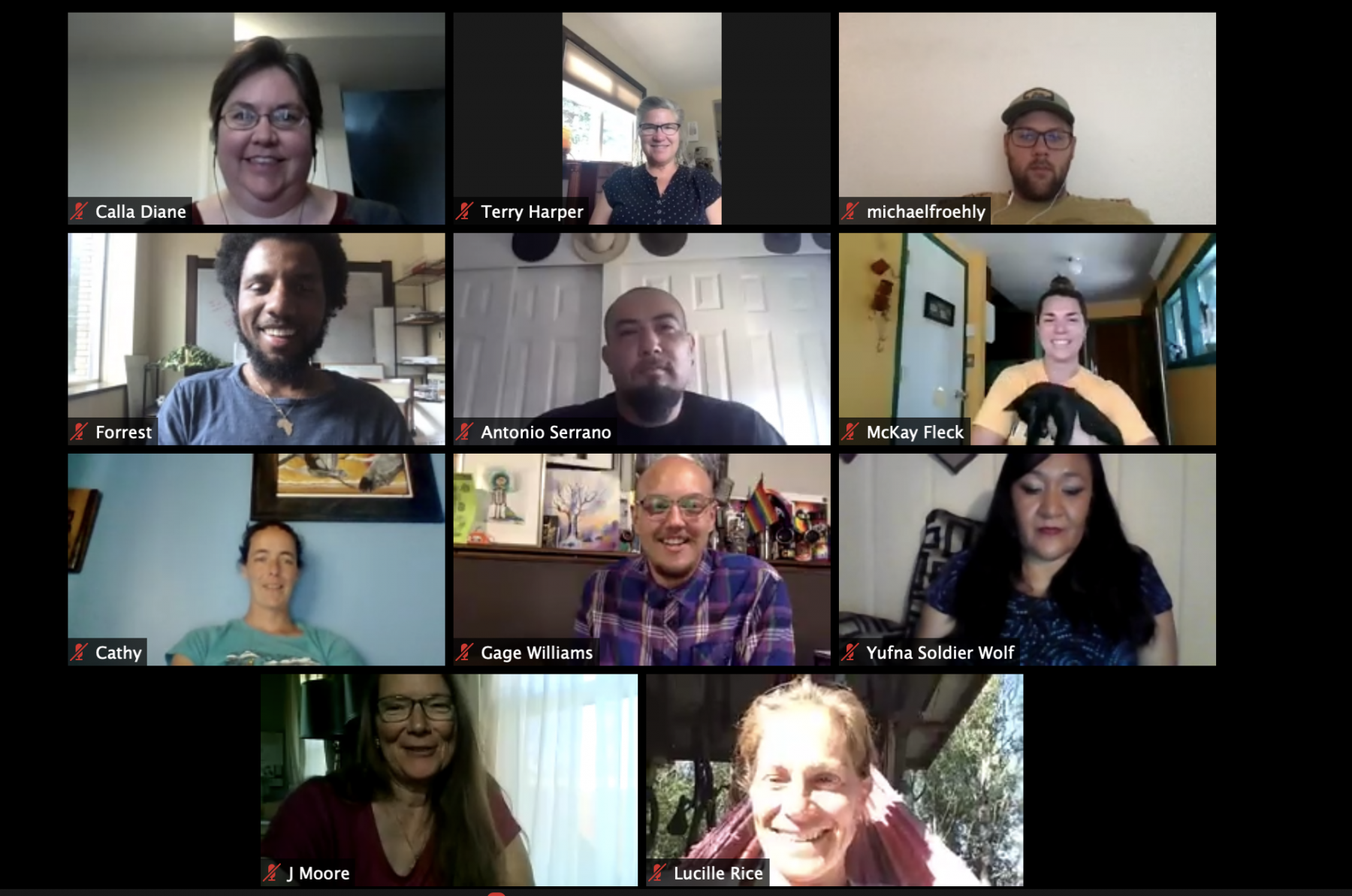Each winter, members of the Wyoming Legislature gather in Cheyenne. The halls and side rooms of the (now newly-remodeled) Capitol buzz with conversations between legislators, lobbyists, staff, citizens, and journalists. Committee meetings are often standing room only, and people pack the public galleries above the House and Senate floors.
Each winter, that is, but this one. Almost a year into the COVID-19 pandemic, Wyoming still has a challenge left to tackle: how to conduct the 66th Wyoming Legislature’s 2021 general session.
The reality that citizens will be able (or, at times, required) to attend the session virtually brings some complications. Some are unique, such as roadblocks to public participation for people without reliable high-speed internet. Other ongoing issues, like the challenging pace of tracking bills, will be magnified. But there are also new opportunities: Virtual legislative meetings have given citizens the opportunity to participate in a meaningful way without having to miss work or drive across the state. And the state is installing video equipment in the Capitol’s legislative meeting rooms, so we hope that the public will have improved access to important committee deliberations.
This year at the legislature, we at the Wyoming Outdoor Council will be continuing our 54-year history of advocacy for public lands, wildlife, clean air and water, and quality of life. And we invite you to do the same! No matter how different this legislative session is, one thing remains unchanged: Your voice matters.
A HYBRID APPROACH TO THE SESSION
In early January, we finally learned details about the 2021 session. The legislature briefly gaveled in on January 12, just as Frontline was going to press. Committees met the week of January 18, and the full legislature will consider bills that pass out of those committees during an 8-day virtual session January 27 to February 5. Additional committee meetings will be held the week of February 22 and, if COVID-19 restrictions allow, the legislature will reconvene in person for the month of March.
There are only a handful of conservation bills that we know about right now. The most important is a bill sponsored by the Corporations Committee, SF 16, New Net Metering Systems. This bill would effectively kill the small-scale renewable energy sector in Wyoming, including rooftop solar. We will work to oppose this legislation and you can count on us to provide you with more details and action alerts on this topic in the coming weeks. We’re sure we’ll see more wildlife, energy, and environmental quality-related bills arise during the session and will keep you updated.
Here’s what you should know about testifying to legislative committees online, based on how it worked during the interim. The good news is that, regardless of whether you’re at the Capitol or on your couch, you can be a voice for conservation in Wyoming by following the same basic approach.
SIGN UP. Committee meeting schedules are available at www.wyoleg.gov. To sign up, click the “Testify” button next to the scheduled meeting. The button will take you to a form to register for that specific committee and meeting date.
GET INSTRUCTIONS FROM LSO. You’ll receive an email from the Legislative Service Office with information about how to join the meeting.
PREPARE YOUR TESTIMONY. Outdoor Council staff are always happy to offer advice if you aren’t sure where to start. More on this below!
LISTEN IN. When the meeting starts, you can join using the link provided by the LSO. You’ll enter the meeting as a webinar attendee. It’s always good to show up early so that you are aware of the committee’s discussion prior to the public comment opportunity. When public comment is announced, you will have the option to indicate you wish to make a comment. And when it is your turn to speak, you will be able to turn your camera and audio on so that the committee can see and hear you. Make sure your Zoom profile displays your full name.
BE STRATEGIC WITH SIGN UPS. If there’s a topic of interest to you that you may want to weigh in on, go ahead and sign up to testify. You can always decide not to comment.
TIPS FOR TESTIFYING
GET COMFORTABLE WITH THE PROCESS. If you’re able, attend or listen to committee meetings before your bill is discussed to get a feel for the members and their priorities. Most importantly, sitting in will help you feel more confident when it’s your turn.
IT HELPS IF YOU CAN BRING SOMETHING NEW TO THE TABLE. Your case will be more compelling if you introduce a new perspective or find a new way to make a point instead of repeating comments that have already been made. Explain how you, or values important to you, will be impacted.
HAVE AN ELEVATOR PITCH. You might be asked to limit your testimony if there are a large number of people speaking. Be prepared to make your point in under three minutes.
IT’S OK TO BE NERVOUS! Citizen speakers have far more clout with legislators than paid lobbyists. These elected officials see the professionals often, but authentic citizen voices can be rare, so you’ll get special attention. Remember, however, to always be respectful in your demeanor and comments.
TIPS FOR WRITING AN EFFECTIVE EMAIL
Sending an email to your legislator only takes a minute or two and can be a meaningful way to connect. But make sure it’s personal: If a group provides you with a pre-written form email, ignore it and write your own message.
During the interim, legislators may benefit from a detailed letter or email to help them understand your position on an issue. That’s not the case during the session — there simply aren’t enough hours in the day and legislators get hundreds of emails. To ensure your message gets read, keep it brief, straightforward, and respectful.
We suggest this three-sentence formula:
Introduce yourself and make a connection. (This is important to legislators who will read the first line and possibly discard the message if they think it’s a form email.)
State the position you want them to take (i.e. to oppose or support the legislation) and provide the title or subject of the bill as well as the bill number.
Explain why. Cite your personal experience or values.
Example:
“Hi Rep. Jones, I live in Sheridan and recently installed solar panels on my shop. I’m writing to ask you to please vote no on SF 16, the net metering bill. This bill would unfairly raise my utility costs and punish hard-working people like me who have invested in rooftop solar.”
YOU CAN MAKE A DIFFERENCE
Your legislators work long and hard on behalf of their constituents, but they can’t represent your values if they don’t hear from you. Whether you email your senator, testify to a committee, or offer to meet your representative for a cup of coffee once you’re able to do so safely, you can help give them the information and insight they need to be effective.
If you haven’t already done so, please take a moment to register for Outdoor Council email alerts by visiting www.wyomingoutdoorcouncil.org/signup. Like always, we’ll send timely updates about the legislature and let you know when you need to take action on a particular bill. And please reach out to our staff if you’d like any help preparing testimony or have questions:
Steff Kessler
stephanie@wyomingoutdoorcouncil.org
Kristen Gunther
kristen@wyomingoutdoorcouncil.org
See you at the legislature!


